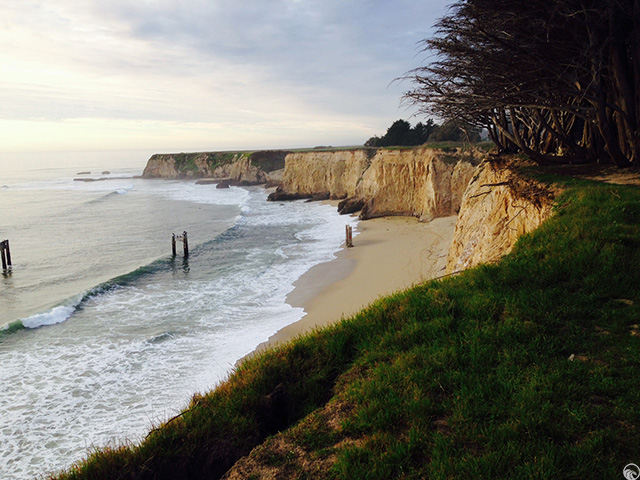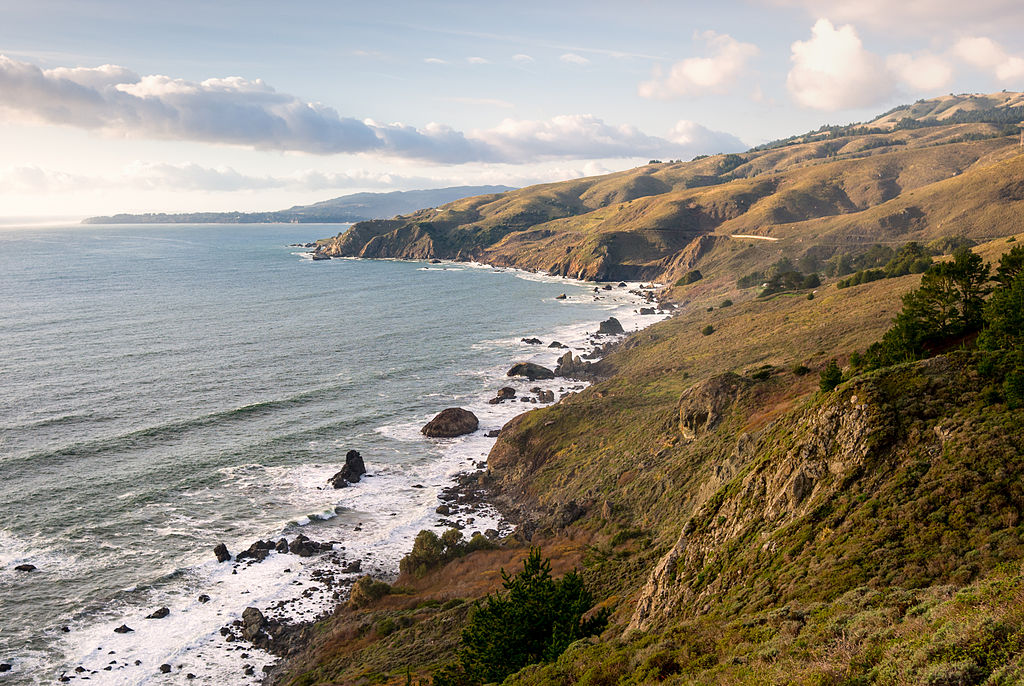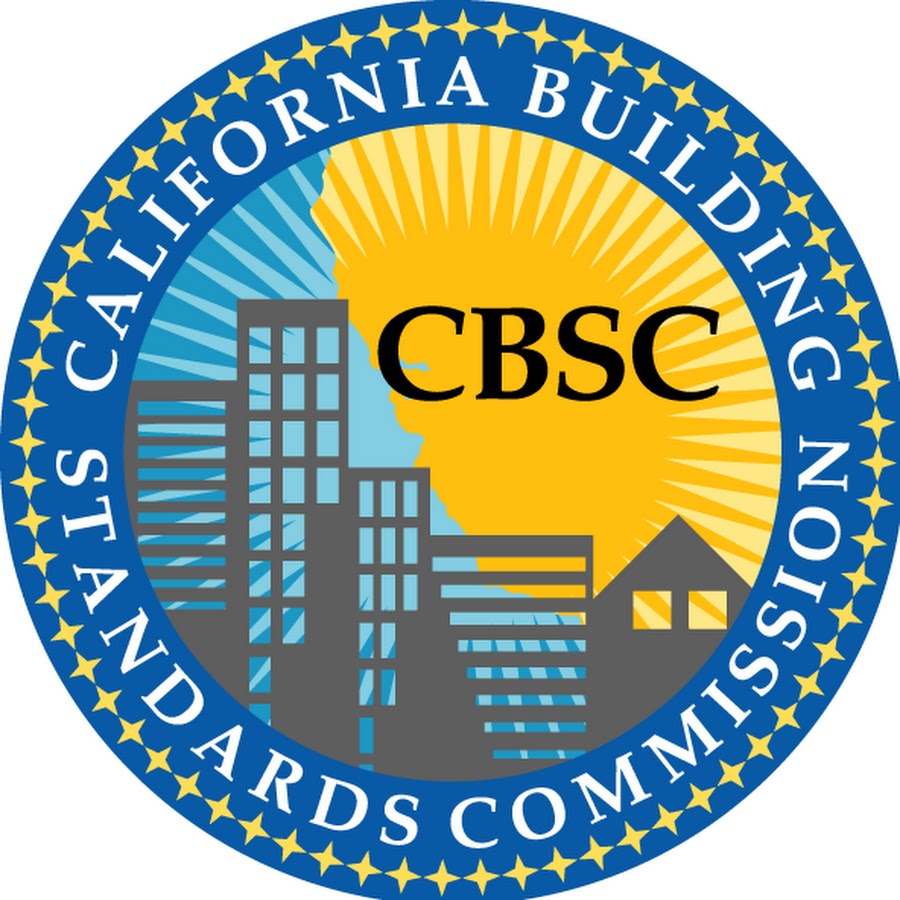
California Coast. (Photo: coastal.ca.gov)
The California Coastal Commission
The CCC is an independent, quasi-judicial state agency
By Chris Micheli, August 2, 2020 9:09 am
The California Coastal Commission is charged with protecting and enhancing California’s coast and ocean for present and future generations. According to the Coastal Commission, it does this through careful planning and regulation of environmentally-sustainable development, rigorous use of science, strong public participation, education, and effective intergovernmental coordination.
The voters of California established the California Coastal Commission (CCC) on the 1972 statewide ballot. It was Prop. 20, which was later made permanent by enactment of the California Coastal Act of 1976, which is found in Division 20 of the Public Resources Code. The following are the major provisions of the Act:
Chapter 1 – Findings and declarations, as well as general provisions
Chapter 2 – Definitions
Chapter 2.5 – Revisions to the Coastal Zone Boundary
Chapter 3 – Coastal resources planning and management policies
Chapter 4 – Creation, memberships, and powers of the Commission and regional commissions
Chapter 5 – State agencies
Chapter 6 – Implementation
Chapter 7 – Development controls
Chapter 8 – – Ports
Chapter 9 – Judicial review, enforcement and penalties
Chapter 10 – Severability
The CCC is an independent, quasi-judicial state agency, which is comprised of twelve voting members, appointed equally (four each) by the Governor, the Senate Rules Committee, and the Speaker of the Assembly. Six of the voting commissioners are locally elected officials and six are appointed from the public at large. Three ex officio (non-voting) members represent the California Resources Agency, the California State Transportation Agency, and the State Lands Commission.
The Coastal Commission works closely with coastal cities and counties to plan and regulate the use of land and water in the coastal zone. Pursuant to the Coastal Act, development activities include such things as construction of buildings, divisions of land, and activities that change the intensity of use of land or public access to coastal waters. As result of the Coastal Act, these development activities generally require a coastal permit from either the Coastal Commission or the local government.
The coastal zone was developed by the Legislature to include both land and a three-mile-wide band of ocean and is formally established by the Coastal Act. Note that it does not include San Francisco Bay, where development is regulated by the Bay Conservation and Development Commission.
According to the CCC, the Coastal Act contains specific policies that address issues such as shoreline public access and recreation, lower cost visitor accommodations, terrestrial and marine habitat protection, visual resources, landform alteration, agricultural lands, commercial fisheries, industrial uses, water quality, offshore oil and gas development, transportation, development design, power plants, ports, and public works. In addition, the policies of the Coastal Act constitute the statutory standards applied to planning and regulatory decisions made by the Commission and by local governments, pursuant to the Coastal Act.
Pursuant to federal law, the CCC has regulatory control over all federal activities and federally licensed, permitted or assisted activities, which includes outer continental shelf oil and gas leasing, exploration and development; designation of dredge material disposal sites in the ocean; military projects at coastal locations, among other activities.
Any development activities within the coastal zone may not commence until a coastal development permit has been issued by either the Commission or a local government that has a Commission-certified local coastal program. The Commission also has appellate authority over development approved by local governments in specified geographic areas as well as certain other developments. The Commission also has an oil spill prevention, preparedness and response program and a statewide Coastal Act enforcement program.
The public is able to participate in the Coastal Commission’s hearings and in talking with the Commissioners regarding proposed development activities and permits for those activities.
- Minors and the Capacity to Contract - July 31, 2025
- California Proceedings for Conciliation - July 30, 2025
- Commencing Civil Actions in California - July 29, 2025







